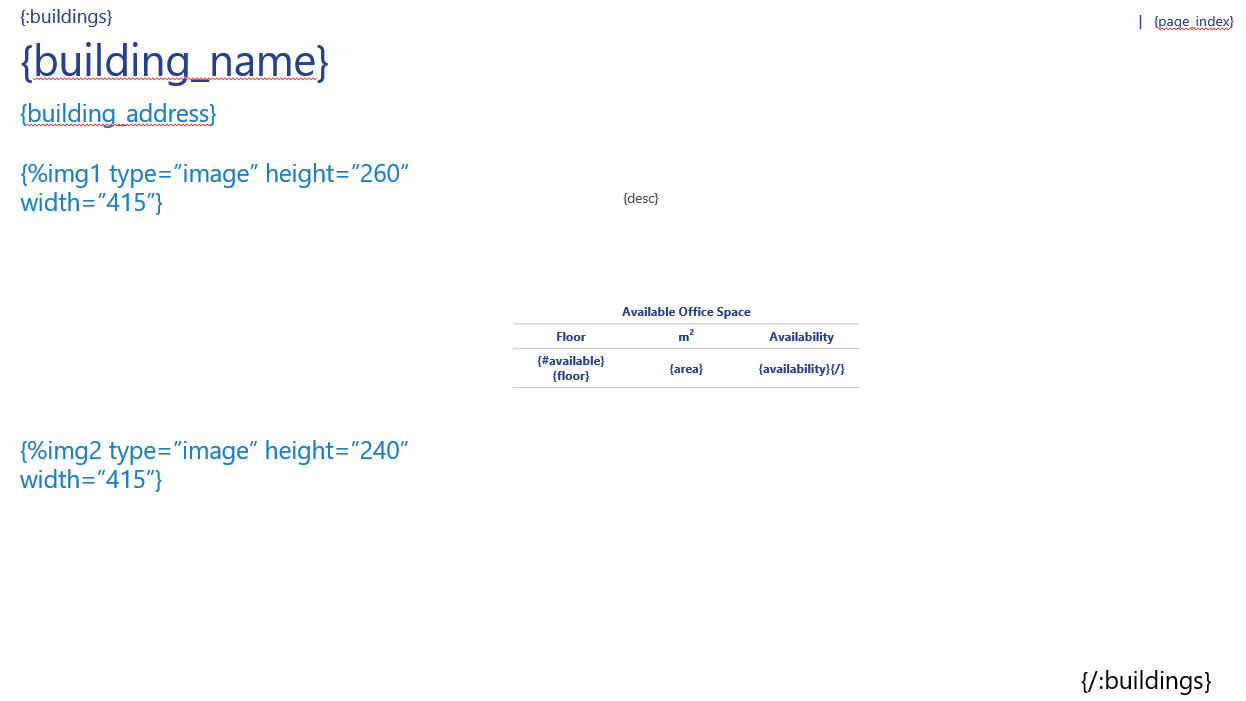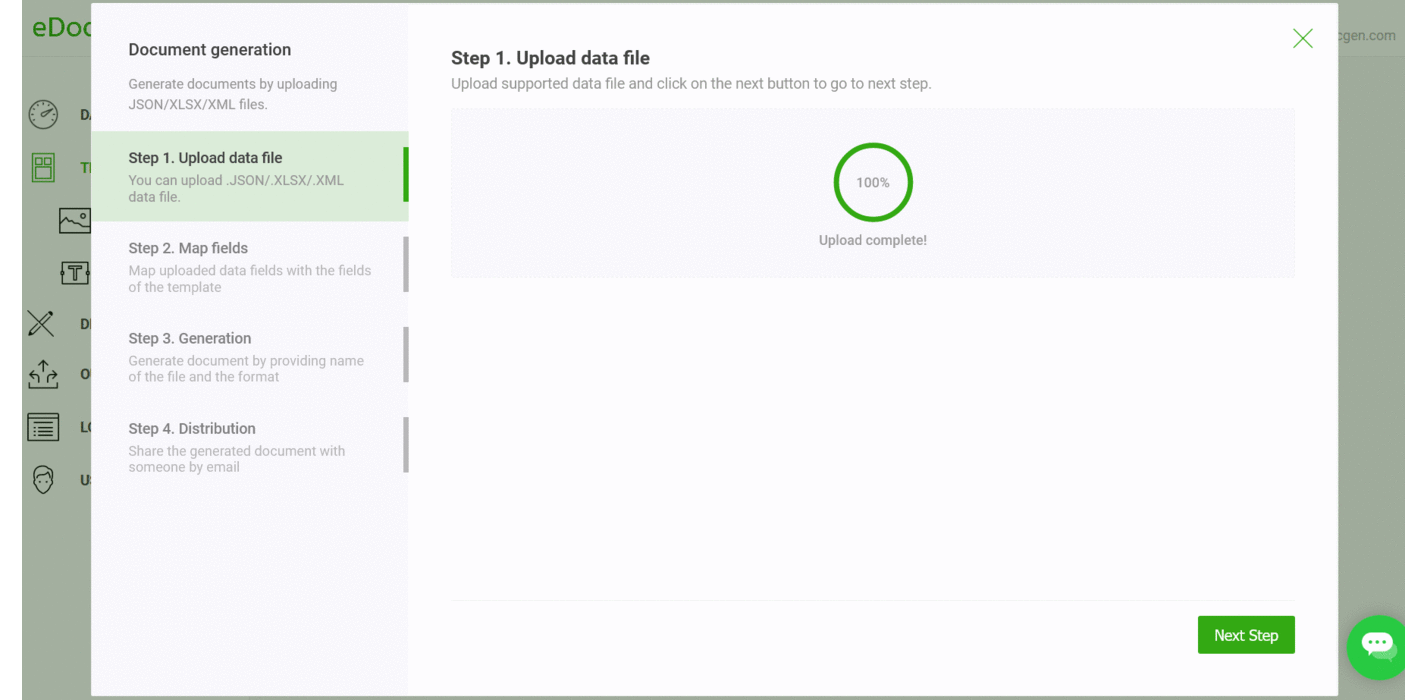Document Generation Tools
Posted by admin
Your business creates thousands of documents every day. Although the template design created using PDF
Real estate is by far the largest asset class in the world. However, it has been slow to adopt new technology. Now it is quickly catching up and is rapidly transforming. The future of real estate will be driven by digitization. As we move towards a world where everything is connected, automated processes will become the norm.
Real estate transactions involve a lot of documents. It meant time-consuming, labor-intensive work on the part of real estate professionals, mortgage bankers, escrow agents, and insurance companies. A significant amount of information is exchanged between parties during the transaction, including contracts, purchase & sale agreements, leases, mortgage documents, appraisals, and other documents. This information needs to be accurate and complete so that all parties understand what they are signing and agreeing to. Thus, automating documents has become increasingly important. Automation helps streamline the processes by reducing errors and increasing efficiency.
The increased adoption of technology in real estate is reflected in the explosion of investment in real estate tech companies over the last few years. In 2021 $32 billion was invested, which, despite the pandemic, was the most of any year in history. Brendan Wallace, Co-Founder and Managing Partner of Fifth Wall Capital, is one of the most prominent investors in real estate tech. He explained why investment is flooding into the space: “I would characterize the last five years as being an ‘Age of Enlightenment’ for major real estate owners, operators, and developers: [Chief Information Officers] were hired for the first time, large IT budgets have been allocated and are growing, and almost every major real estate owner now recognizes that adoption of new technology is existentially critical to their future strategy.”
Real estate companies are digitizing in countless ways. Construction firms are using new platforms to produce 3D digital blueprints. Brokers are creating virtual visit experiences that rival in-person visits. Through online marketplaces like Zillow and Redfin, buyers can bid on properties in seconds. Property managers are using apps to manage units and tenants and AI to find ways to boost revenue and cut costs. Deals are being closed by smart contracts on the blockchain. Although it took some time, technology is becoming ubiquitous in real estate.
The pandemic has only accelerated the digitization of real estate. Many real estate transactions have shifted to digital platforms. This has accelerated the digitization of real estate, leading to increased adoption of real estate document automation. Real estate document automation enables companies to quickly and accurately generate contracts, deeds, leases, disclaimers, and other documents needed for the sale of real property.
Improvements in document organization and processing are one of the major ways real estate has been digitized. No matter the subsector you look at – single-family, multifamily, office, commercial – paperwork is an enormous part of the work in real estate. There are offers and counteroffers, contracts, invoices, lease agreements, statements of work – the list goes on. All of this paperwork is starting to be digitized, and people are embracing it. According to a study by the National Association of Realtors (NAR), the vast majority of buyers and sellers are willing to conduct the entirety of a deal, including all paperwork, digitally. ( Source )
For example, PowerPoint plays a crucial role in the real estate industry. These documents are used to create presentations and reports that can be used for marketing, appraisals, and other transactions. Similarly, PDF, Word, and Excel document formats are important for the creation of invoices, receipts, contracts, etc. The ability to quickly and easily create professional-looking documents is essential for real estate operations.
Real estate firms continue to overlook the huge gains they can attain by improving their document creation processes through document automation. With a tool like EDocGen, firms can quickly and reliably generate the documents they need for their business. Users can create templates in several document formats, including Word, PDF, and PowerPoint. The automated process uses templates to create documents without the need for manual input.
The system facilitates the dynamic filling of sub-templates, allowing users to add dynamic components that will be populated during the document generation process. It supports the dynamic population of text, tables, images, content blocks (paragraphs), hyperlinks, charts, QR codes, and more. You can even use if-else (conditional logic) statements for custom content, and perform calculations on the fly. The system also supports the creation of multi-lingual documents.
Below is a sample PowerPoint template for commercial property presentation. It has dynamic tags for table, and images, and creates multiple slides for a JSON array.

With just a few clicks, the system will generate individual documents by pulling the relevant data from CRM, databases, and other enterprise apps where the data may live.
A multifamily developer, for example, could use the system to generate all the monthly invoices that need to go out to their various contractors who are constructing a new property. Once the property is finished and leased up, the property management company could use the system to create the monthly lease statements for each tenant.

It is still early in the digital transformation of the real estate sector. Firms that make investments in technology now can gain a competitive edge. Firms that don’t risk being left behind. The good news is that thanks to products like EDocGen, it is easier than ever to upgrade your company’s tech stack. To learn more about how you can leverage the benefits of document automation, book a demo or reach out to us at sales(@)edocgen.com.
Posted by admin
Your business creates thousands of documents every day. Although the template design created using PDF
Posted by admin
There are multiple approaches available to export excel data to word. Pros and cons of each of them and how to
Posted by admin
Business information collected from these forms is a critical resource, plays a crucial role in an organization's success.